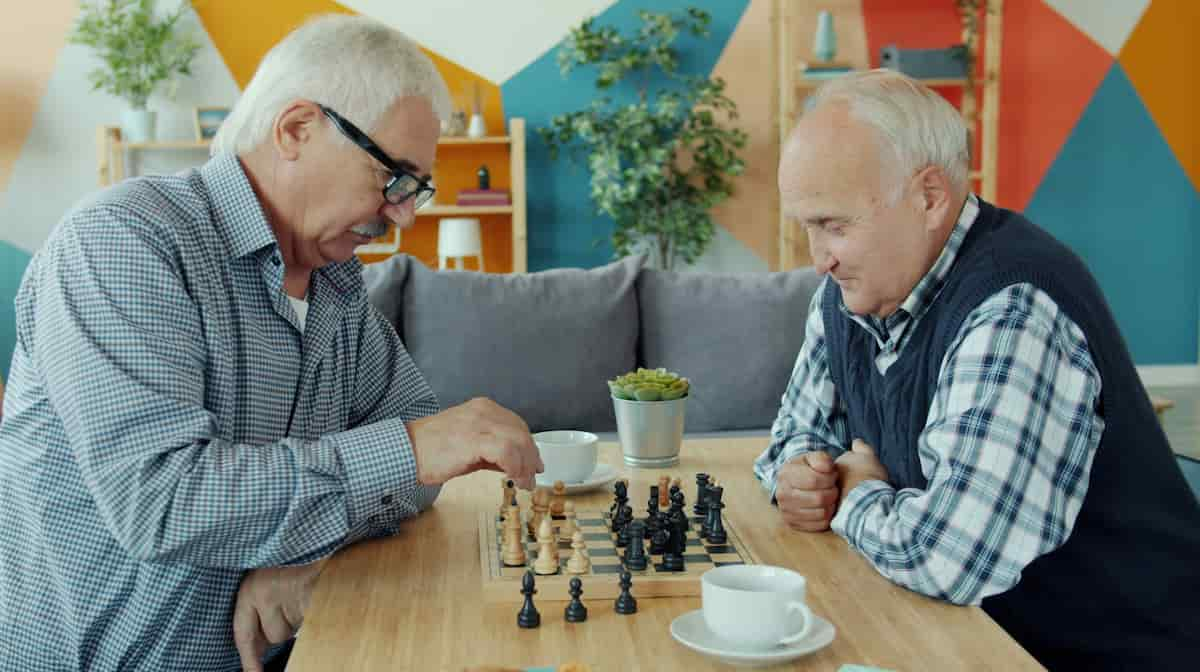People like this enjoy being exposed to diverse viewpoints and others look to them for advice.
People like this enjoy being exposed to diverse viewpoints and others look to them for advice.
Wisdom protects people against loneliness.
People high in two particular components of wisdom — empathy and compassion — are especially unlikely to become lonely.
Wisdom is a personality trait: typically, wise people enjoy being exposed to diverse viewpoints and other people look to them for advice.
Wise people are also skilled at filtering negative emotions and do not postpone major decisions.
Professor Dilip Jeste, the study’s first author, said:
“An important finding from our study was a significant inverse correlation between loneliness and wisdom.
People with higher scores on a measure of wisdom were less lonely and vice versa.
Loneliness was consistently associated with poor general health, worse quality of sleep and less happiness, whereas the reverse was generally true for wisdom.”
The study included older adults in a relatively isolated, rural area of Italy.
The researchers also surveyed people living in San Diego, an urban/suburban area in the US.
All were asked about various components of wisdom, including compassion, empathy, emotional regulation and self-reflection.
The results showed that people who were high in empathy and compassion were particularly unlikely to feel lonely.
Professor Jeste said:
“Both loneliness and wisdom are personality traits.
Most personality traits are partially inherited and partially determined by environment.”
Like many other personality traits, wisdom can be difficult to change, but not impossible.
Dr David Brenner, study co-author, said:
“If we can increase someone’s compassion, wisdom is likely to go up and loneliness is likely to go down.
At UC San Diego, we have considerable interest in enhancing empathy and compassion to reduce levels of stress and improve happiness and well-being.”
Professor Jeste said:
“So how do you increase compassion? Utilizing approaches like cognitive behavioral therapy or writing in a gratitude diary can help someone become more compassionate.”
The study was published in the journal Aging and Mental Health (Jeste et al., 2020).










